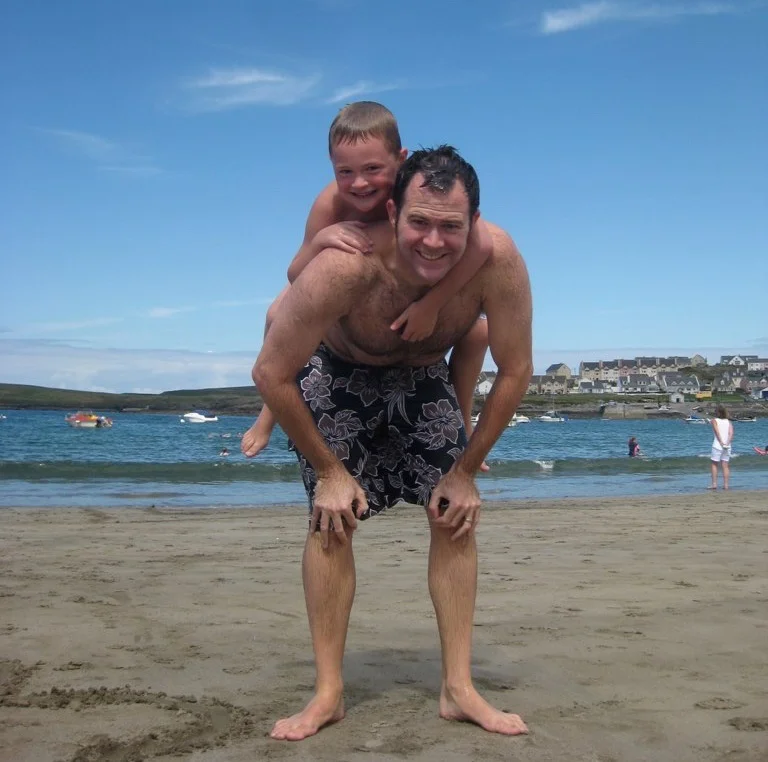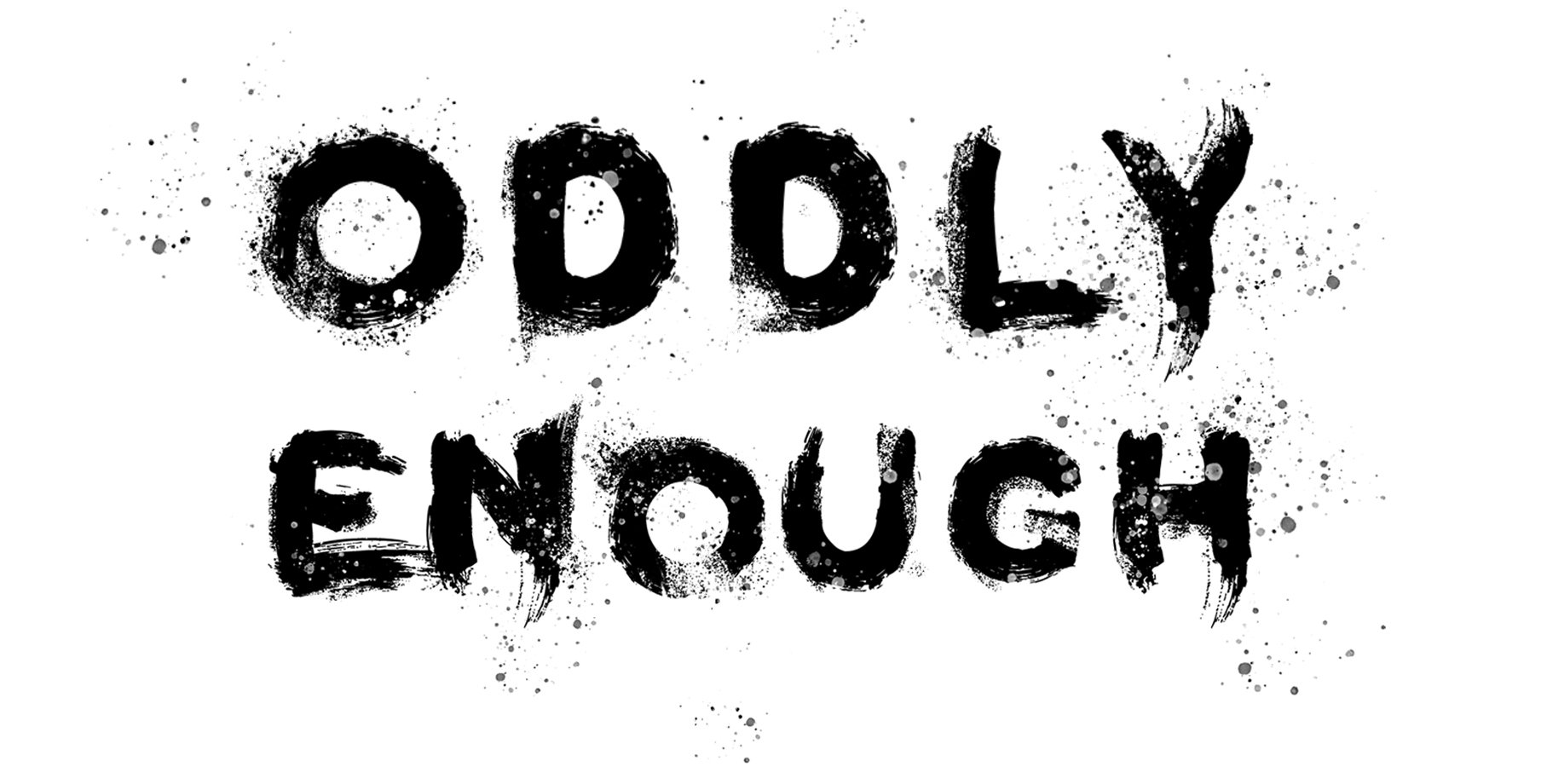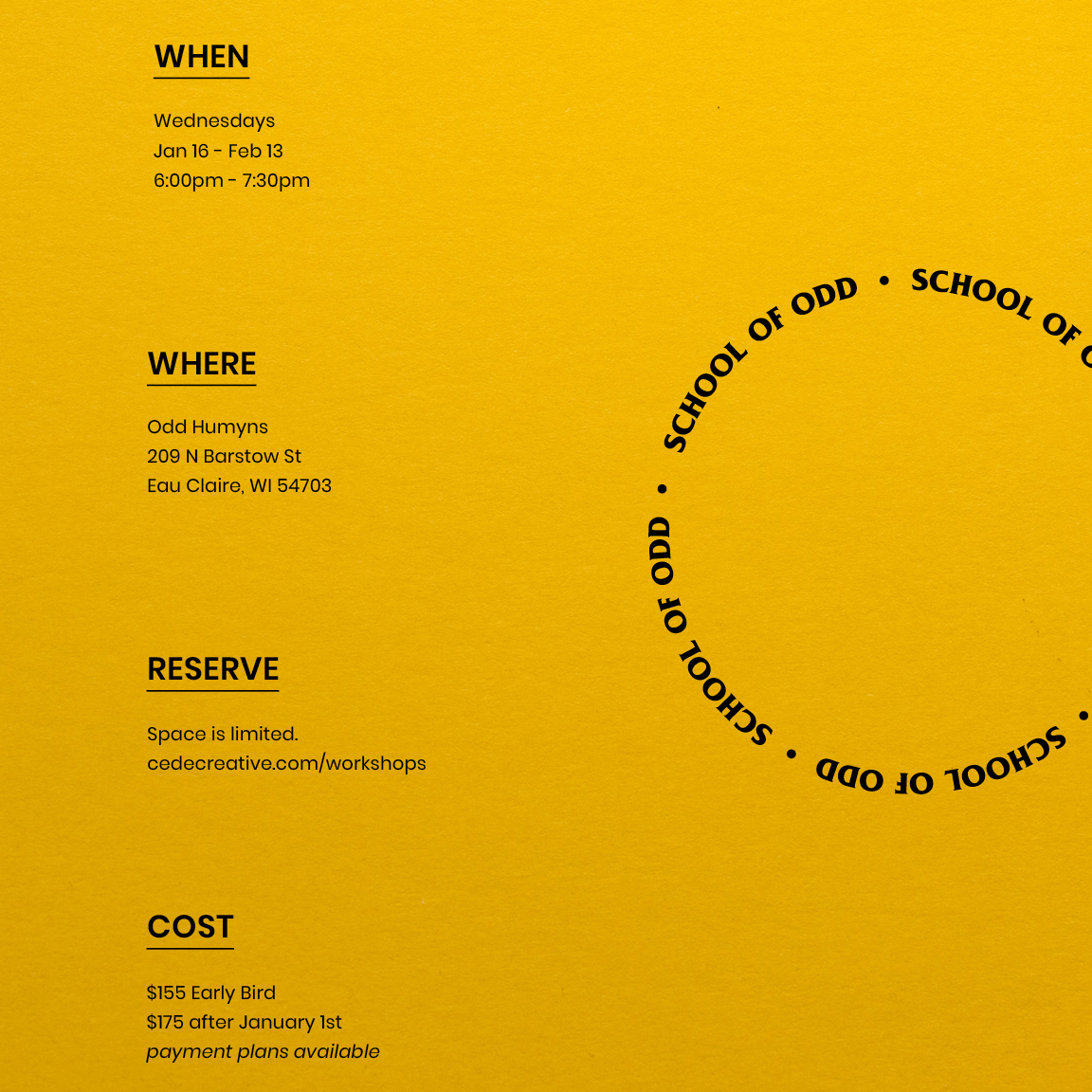Dasha Kelly Hamilton • Credit: Va’Na Barki
Lauren Becker
Interdisciplinary. A term defined by Google’s dictionary as “Relating to more than one branch of knowledge.” A buzzword. A mindset.
Perhaps you’re in the mindset that if you go to a coffee shop, you’re in a space limited to casual chats and creamer. If you go to a museum, you’re in a space limited to mummies and dinosaur bones. I think we can all say that we were once in the same boat, believing that everything had its “place”. Believing that history didn’t belong in my dream of someday becoming a rodeo cowgirl. Or that calculus didn’t belong in your dream of becoming a children’s author.
As it turns out, many things that we once thought of as polar opposites are actually quite intertwined. For example, the art of poetry and the art of mathematics. On March 14, we at the Guild, along with our collaborators at the Wisconsin Academy of Sciences, Arts & Letters, are hosting an event that will make math and spoken word’s cross-over crystal clear.
Join us at Pablo Center on National Pi Day for a reading and discussion led by acclaimed poet, writer, artist, and founder of Still Waters Collective - Dasha Kelly Hamilton. Throughout the evening, we’ll celebrate the beauty that is interdisciplinary thinking, with the help of coffee from Shift Cyclery and Coffee Bar and pies from Randy’s Family Restaurant. . Thanks, too, to the UWEC Student Office of Sustainability for sponsoring student tickets.
Academy associate director, and editor of Wisconsin People & Ideas, Jason Smith shared a bit about the nature of Poetry and Pi(e) and his take on the term “interdisciplinary”.
Lauren Becker: Given the nature of this event, what has your experience at the Wisconsin Academy taught you about interdisciplinary studies?
Jason Smith: Sometimes the best conversations happen when different disciplines collide, whether by design or by accident. These “creative collisions” can complicate our understanding of a person, place, or thing by providing a different lens through which to see, say, the mathematical precision found in haiku or the beauty of carbon atoms arranged into a graphene nanotube.
LB: As a Madison-based writer, what's your perception of the literary scene here in our Valley?
JS: I think that what is going on in the Valley is exceptional and a model for other areas in Wisconsin that want to help grow what I see as one of our state's greatest potential exports: excellent writing. Of course it doesn’t hurt that you have committed community partners—the CVWG, the L.E. Phillips Memorial Public Library, UWEC, Pablo, Volume One etc.—and people like BJ Hollars and Nick Butler working together to cultivate the scene, and I’m not even counting Shift!, the Oxbow, and the other local hangouts that host and promote Valley writers.
LB: What do you hope folks will take away from this event as a whole?
JS: Well, first I hope they enjoy the poetry. Dasha is an incredible poet, and her performances resonate with people from all different background, poets and non-poets alike, and this is a rare opportunity to just kind of submerge oneself in the world of her words. I also think that this is a great opportunity for people to get together and talk about the great poets we have in Wisconsin. I am continually amazed at the depth of talent we have in our statewide poetry community, and the ways in which Wisconsin poets support each other—showing up for readings, teaching classes, reviewing chapbooks. Right now, Wisconsin is a great state for poets and writers.
LB: What sparked your interest in partnering with us?
JS: Well, at the Academy we believe that Wisconsin ideas move the world forward. So, we like to work with organizations that help writers and artists to achieve their goals—to get their writing seen and heard—while bringing people of all stripes together to take part in our state’s literary heritage. I admire the work the CVWG is doing, so it just seems like a good fit.
A good fit indeed!
Excited to come to a better understanding of how our world is connected?
Purchase your tickets for an interdisciplinary evening here.








































